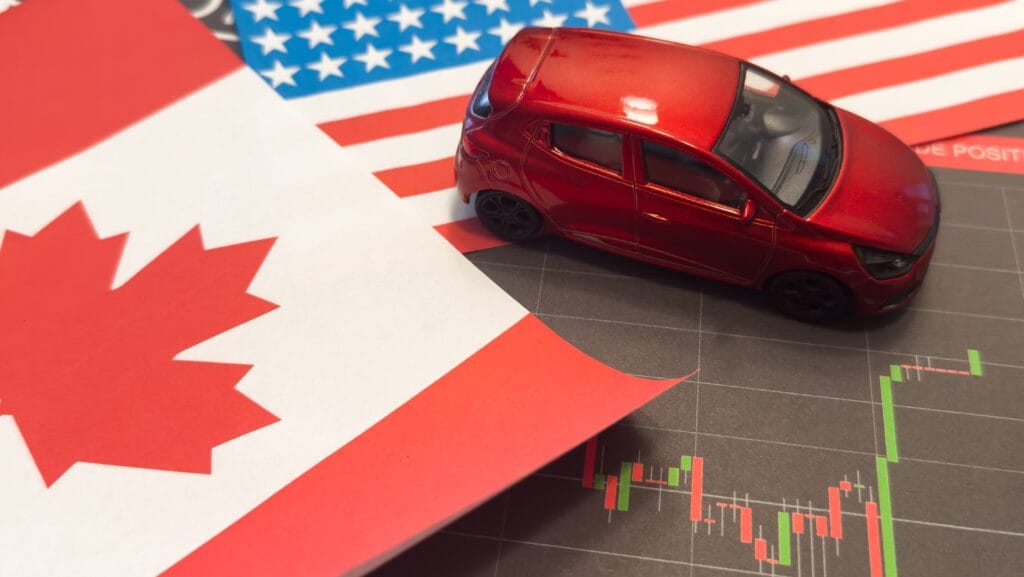The CEO of Ford has issued one of the bluntest warnings the North American auto industry has heard in years. He says Chinese automakers are advancing so quickly in electric vehicle development and cost control that they could overwhelm long established American brands. The comments have set off debate inside the industry, because they acknowledge a shift in global competition that many automakers have been slow to fully accept. This is not only about cars. It is about manufacturing power, supply chains, technology leadership, and the future of jobs in the United States and Canada.
Ford Sees China Gaining Ground Faster Than Expected
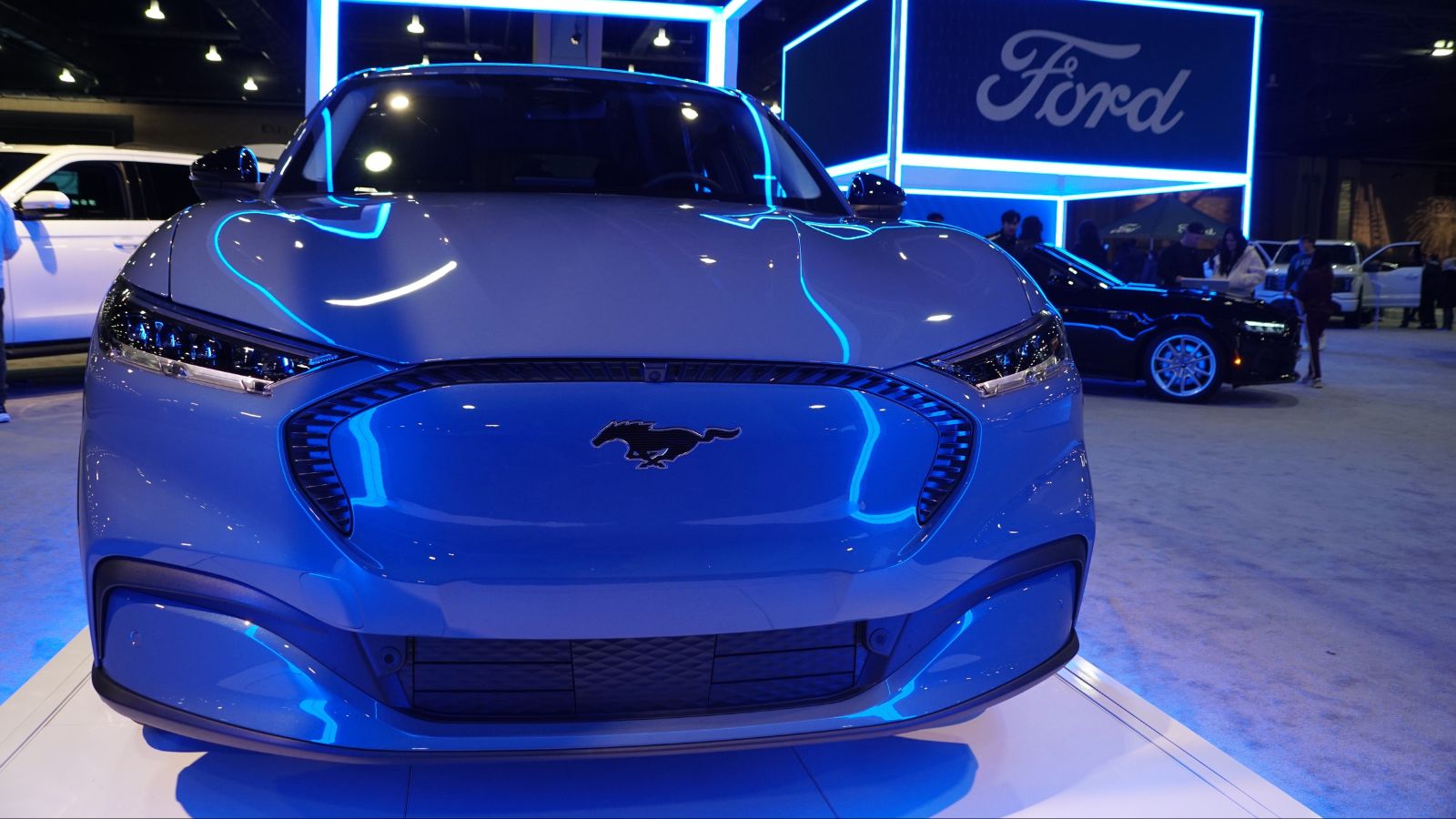
According to Ford’s leadership, Chinese automakers have mastered the strategy of building electric cars at lower cost while still offering competitive performance and interior quality. It is not simply a matter of lower wages. Chinese companies have made coordinated investments in battery production, material sourcing, and factory automation that allow them to scale faster and cheaper.
Many Chinese EVs are designed for practical daily use rather than luxury appeal. That means they target the exact area where most American buyers make decisions. A vehicle that is reasonably priced, easy to charge, and comfortable to use daily is more appealing than a high performance EV with a large price tag. Ford’s CEO is warning that Chinese EVs ready for export are not inferior products trying to undercut on price. They are strong products that happen to cost less.
A Different Kind of Competition is Emerging
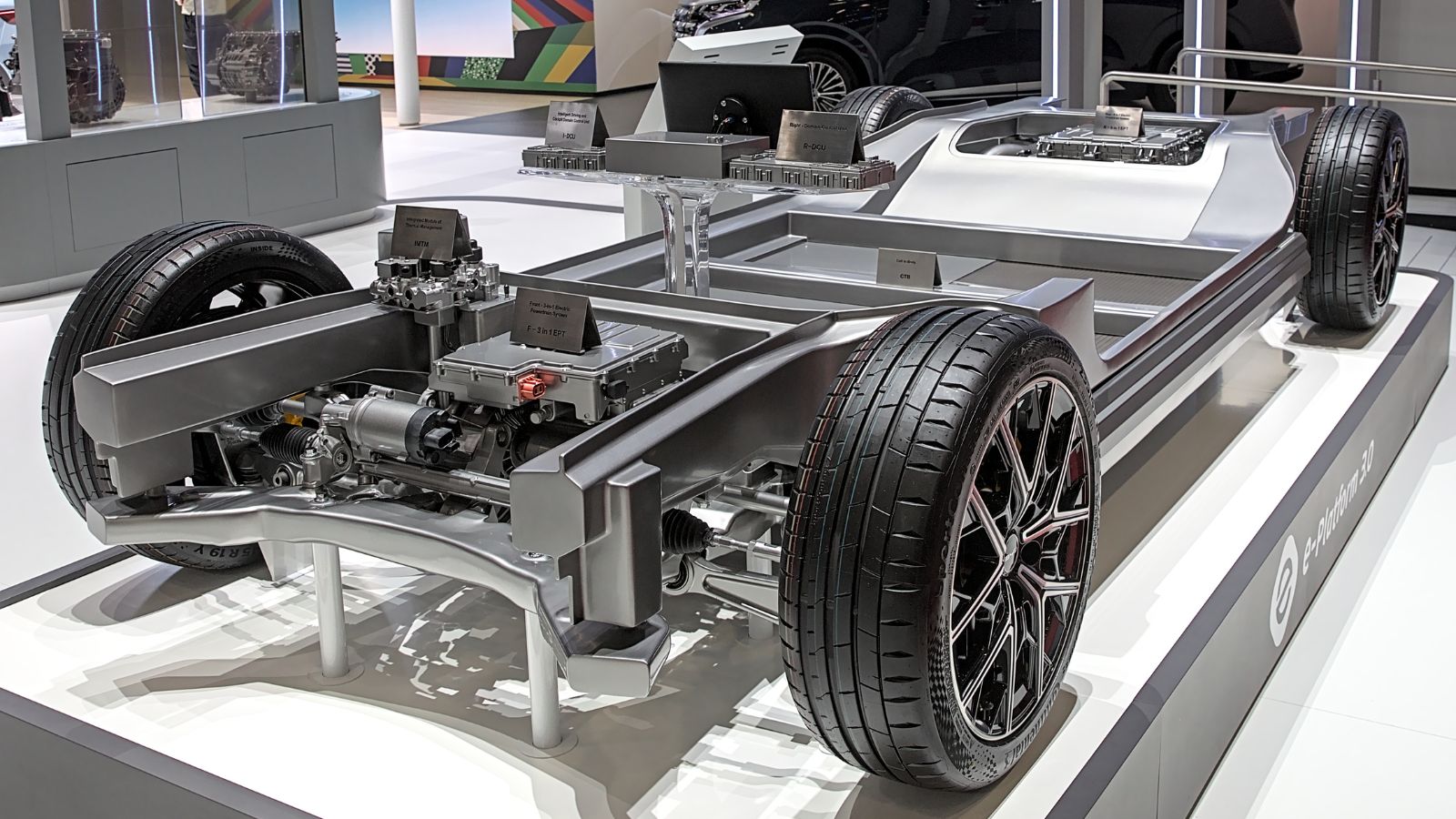
For most of automotive history, the North American market has been led by trucks, large sedans, and traditional performance cars. Those segments were built on internal combustion engines, where American companies held deep experience and design advantage. Electric vehicles remove that advantage.
EVs rely on battery chemistry, electronic control systems, and efficient power electronics. These are areas where Chinese companies have heavily invested for over a decade. Today, China not only builds many of the batteries used in EVs around the world, it also processes much of the raw material required to produce those batteries. That means China controls the most expensive and critical part of the electric vehicle.
Supply Chain Power Tilts the Playing Field
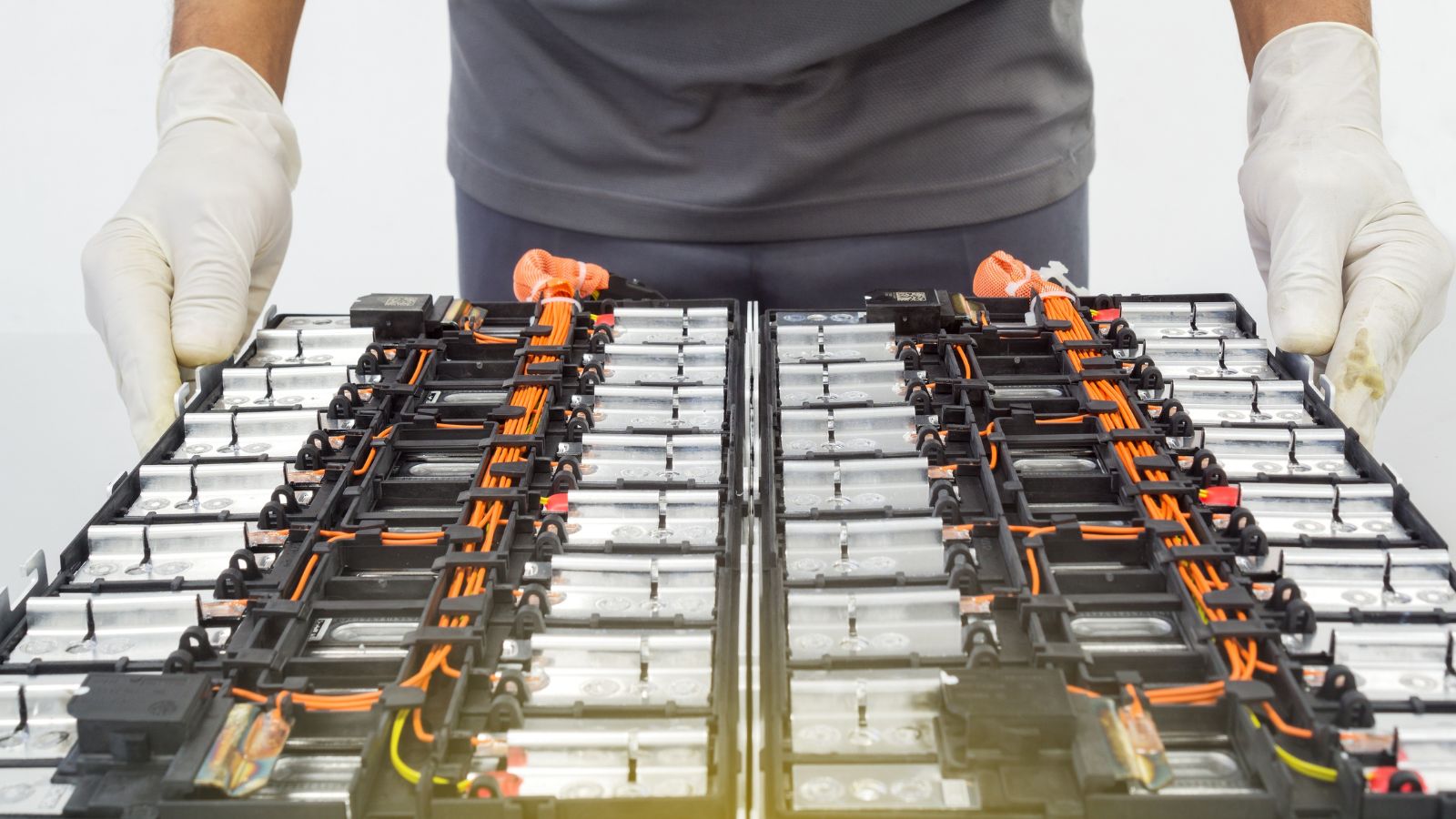
Batteries are the core of the EV market. China controls a large portion of the global battery supply chain, from raw mineral refining to finished pack assembly. Even American and Canadian automakers depend on Chinese suppliers to keep EV production moving.
This means competition is not simply brand against brand. It is entire industrial systems competing. China has built the EV ecosystem from the mines to the dealership. North America is still building it. Ford’s CEO is warning that waiting too long to secure domestic supply chains could leave American companies permanently behind.
Domestic Automakers Are Already Feeling Pressure
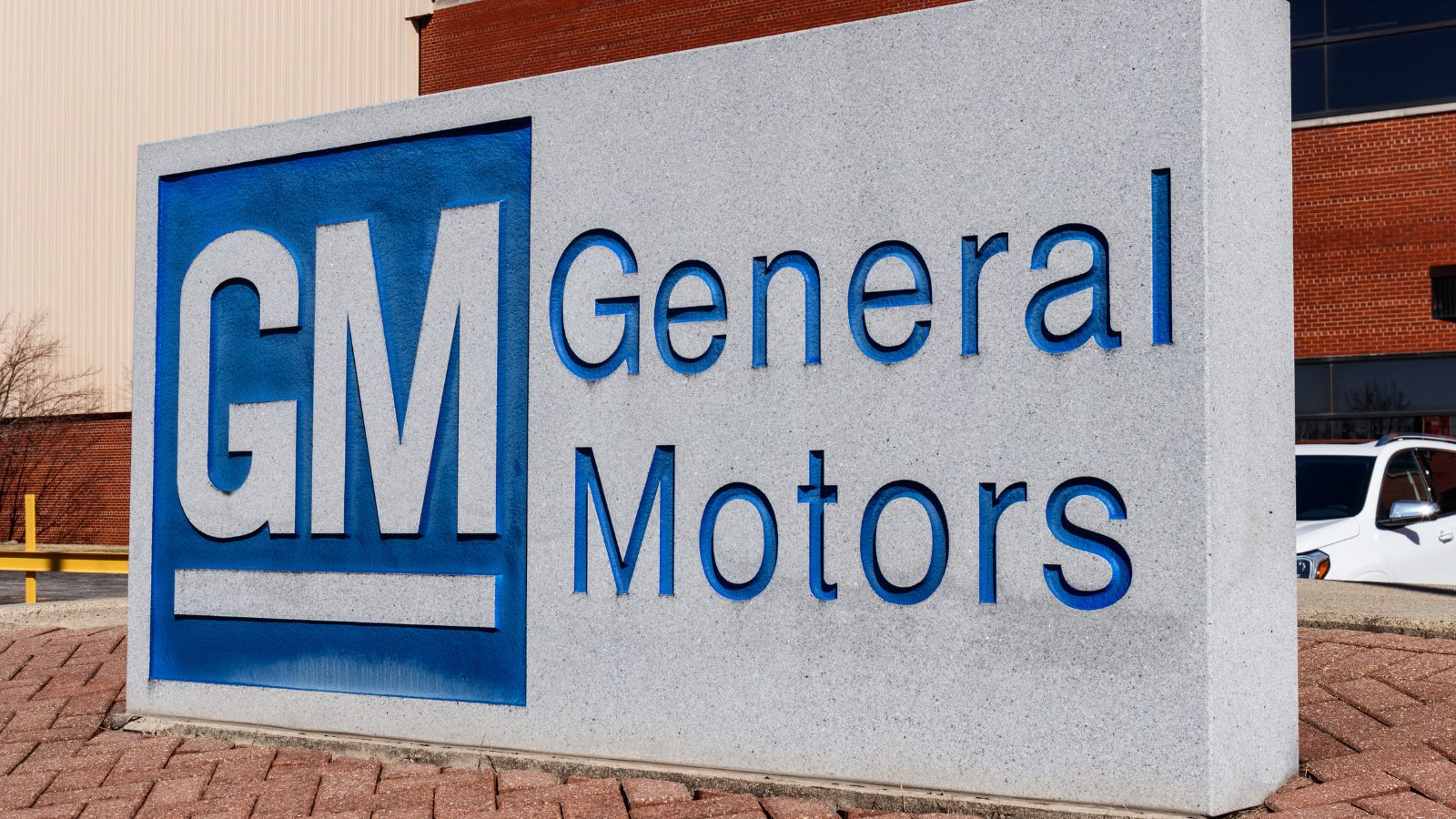
Sales data from markets outside North America shows the trend forming clearly. Chinese EV manufacturers are gaining market share rapidly in Asia, Europe, and parts of South America. Meanwhile, many American automakers are scaling back EV production targets and delaying some future models due to slower than expected consumer adoption.
The concern is that Chinese automakers are not slowing down. While North American companies adjust their timelines, their competition continues to accelerate. If that difference continues, the gap could become hard to close.
Governments Are Trying to Slow the Threat for Now
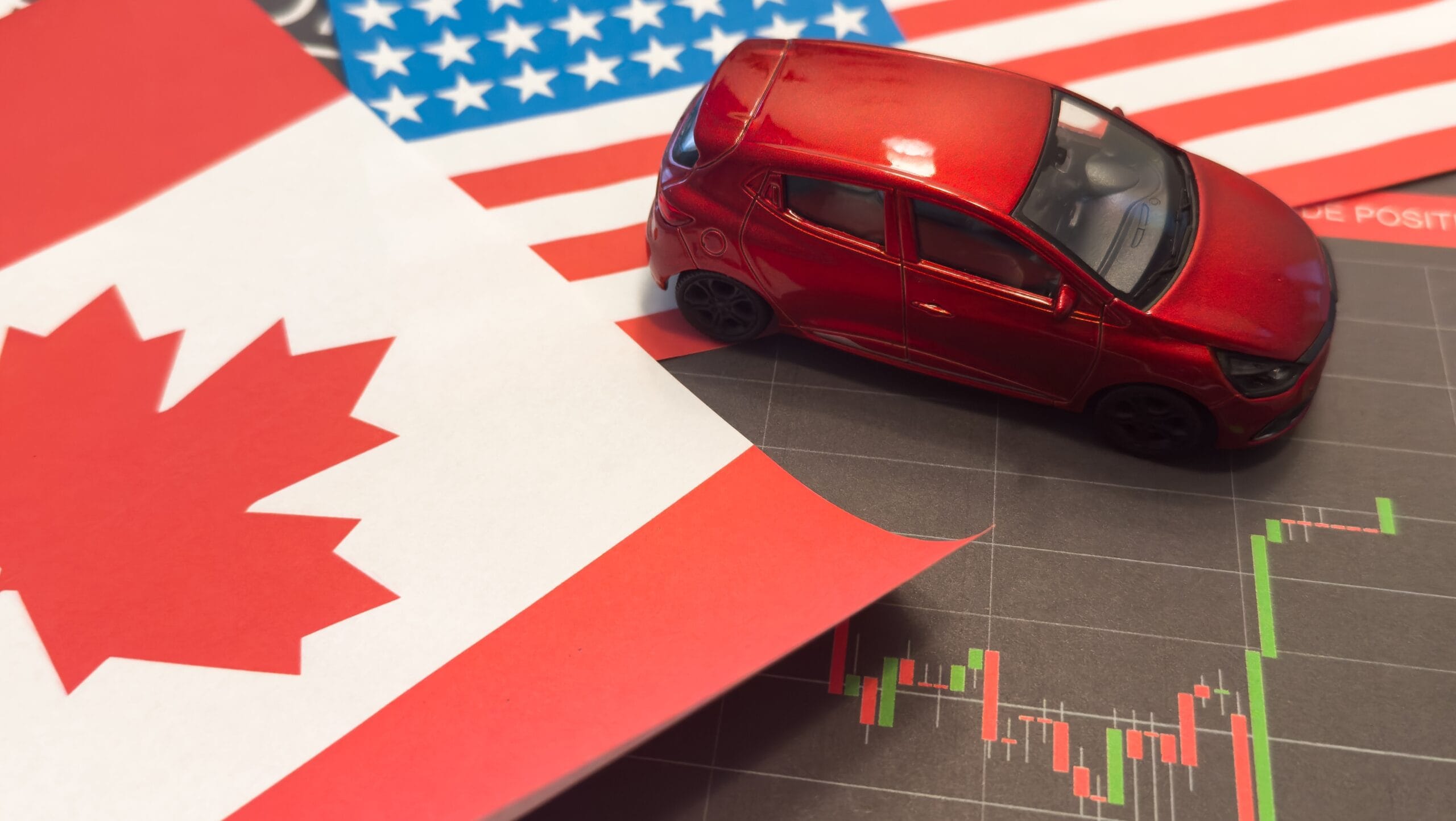
Tariffs currently block most Chinese EVs from entering the United States and Canada at competitive prices. Without that protection, the price difference between many Chinese built EVs and domestic EVs would be difficult for dealerships to explain to customers. But tariffs act only as a temporary barrier. If domestic automakers cannot reduce their own costs, they may simply be delaying the inevitable.
This is where the Ford CEO’s warning hits hardest. The long term solution is not stronger tariffs. It is stronger manufacturing economics and more competitive products.
Why This Matters to Everyday Drivers
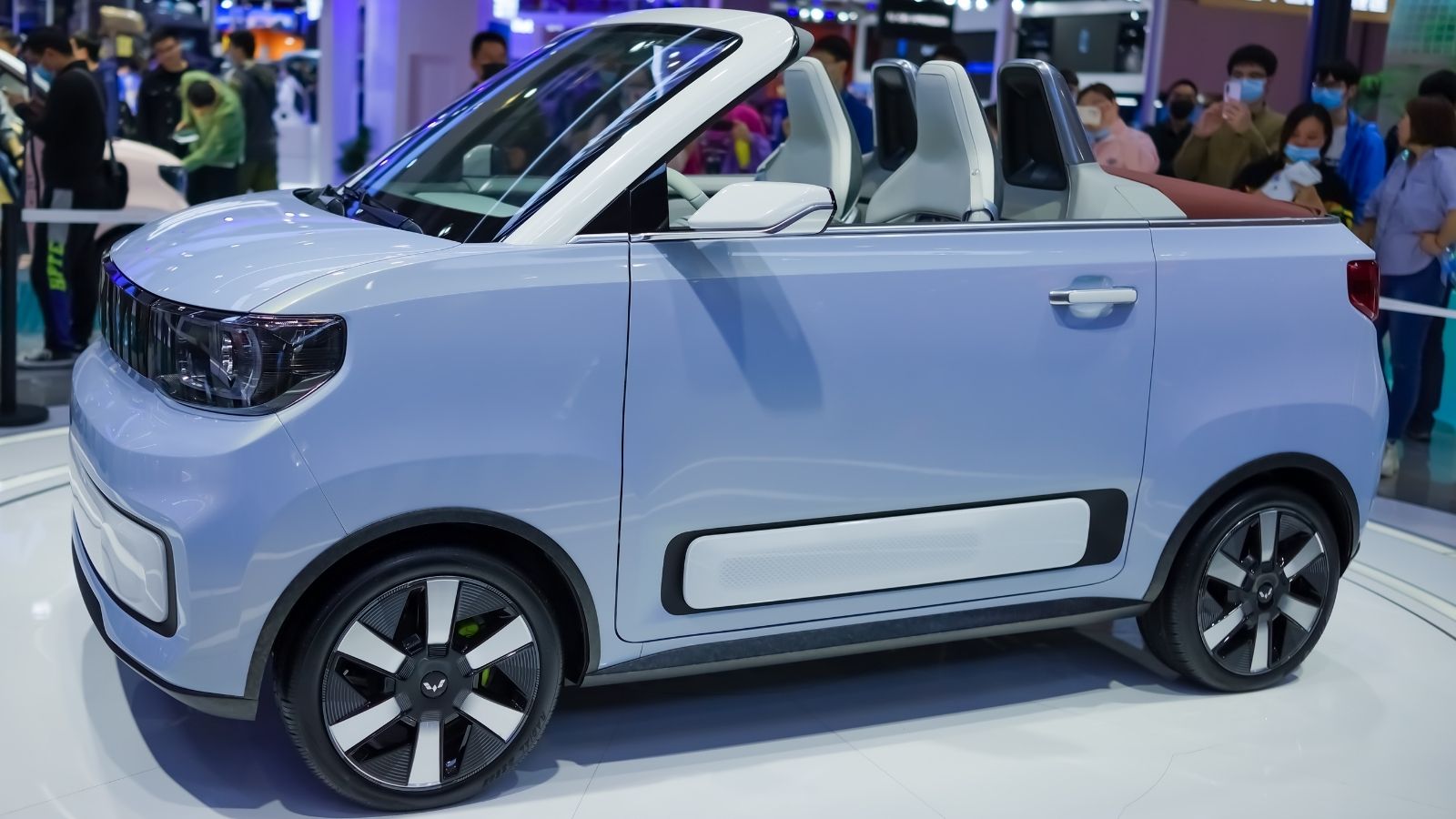
This competition will influence the price of entry level electric vehicles and whether EVs become widely affordable. It will affect the stability of auto manufacturing jobs in North America. It will determine whether new battery plants create long term employment or temporary construction booms. It may shape which brands survive the next decade.
The stakes are high because the automotive industry is not simply another business sector. It touches transportation, infrastructure, energy, and national employment. A shift of leadership in this industry changes the entire economy around it.
25 Facts About Car Loans That Most Drivers Don’t Realize

Car loans are one of the most common ways people fund car purchases. Like any other kind of loan, car loans can have certain features that can be regarded as an advantage or a disadvantage to the borrower. Understanding all essential facts about car loans and how they work to ensure that you get the best deal for your financial situation is essential. Here are 25 shocking facts about car loans that most drivers don’t realize:
25 Facts About Car Loans That Most Drivers Don’t Realize
